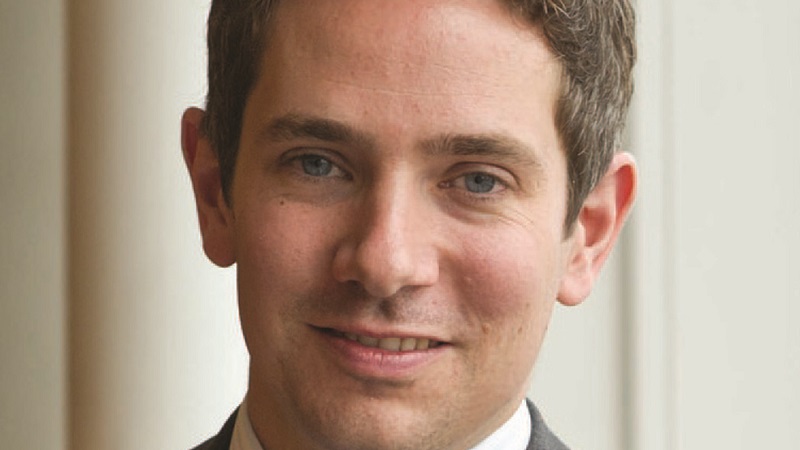Schroders has come out publicly against Non Standard Finance’s (NSF) hostile takeover bid for Provident Financial and taken aim at deal backers Neil Woodford and Invesco.
The £420bn asset manager, which owns 14.6% of Provident shares, has written a letter to Provident chairman Patrick Snowball saying it will not be accepting NSF’s offer for Provident because the deal risks destabilising the firm’s recovery.
The letter, signed by Schroders fund manager Kevin Murphy (pictured) and global head of stewardship Jessica Ground, said: “Schroders does not believe that NSF’s offer is in the best interest of PFG [Provident Financial Group] shareholders. PFG has faced a number of issues in recent years, but the Q1 trading statement shows that it is on track with its recovery and rehabilitation.
“In our view, NSF’s bid risks destabilising this recovery, and brings additional regulatory risks and uncertainty.”
The bid which was first reported in February is being backed by Woodford and his former employer Invesco. Woodford and Invesco are on both sides of the deal as they are the two largest shareholders in NSF and Provident, collectively owning 47% of Provident and 55% of NSF.
Marathon Asset Management owns a 10% stake in NSF and is among Provident’s largest shareholders.
Schroders took aim at the trio’s behaviour around backing the deal.
The letter said: “NSF faces a number of operational and regulatory challenges, including an FCA investigation of its guarantor lending business. We do not believe the shareholders of PFG who are also collectively majority shareholders in NSF (namely Woodford, Invesco and Marathon) should be seeking to impose the challenges of the latter company on the former. We are concerned that the right of minority shareholders are not being protected, and that this represents poor stewardship.”
“In our view, the best interest of PFG shareholders would be best served by the existing management continuing to execute on their recovery plans.”










